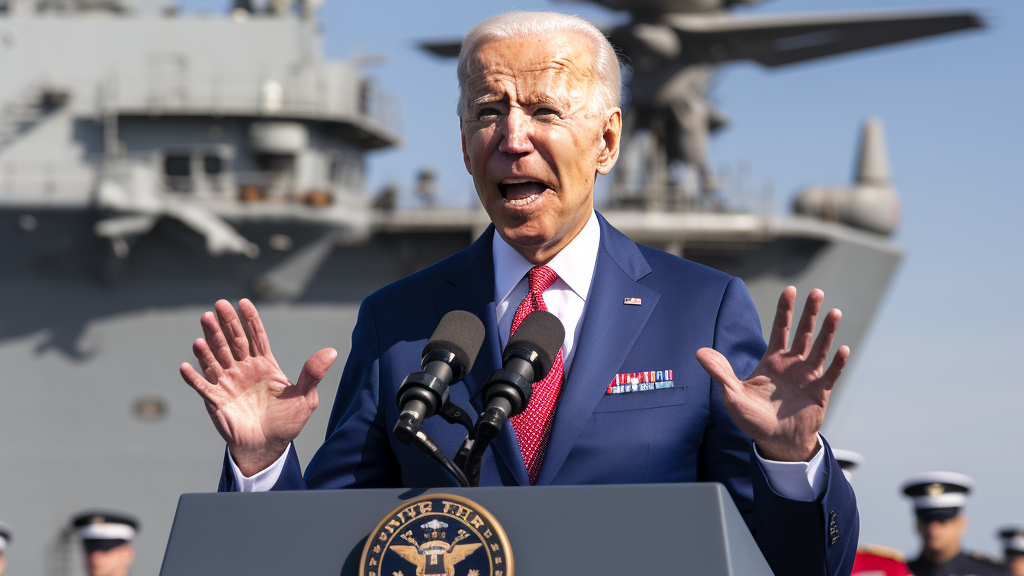In a controversial move, the United States has warned the International Criminal Court (ICC) against its recent string of arrest warrants, suggesting that the court’s actions may jeopardize key political alliances.
The White House, in an official statement, emphasized the importance of balancing justice with diplomacy, particularly regarding the ICC’s issuance of warrants for Israeli Prime Minister Benjamin Netanyahu and several associates. “Justice is a privilege, not a right,” the statement read, “and when international bodies act unilaterally, they risk undermining global stability.”
The move has sparked outrage from various corners, with critics accusing Washington of prioritizing political strategy over international law. “This is a blatant attempt to shield political allies from accountability,” said one analyst. “By framing justice as a ‘privilege,’ the administration effectively devalues the ICC’s role in upholding global legal standards.”
In response to the US’s warnings, the ICC issued a brief statement affirming its mission. “Our role is to enforce justice impartially and independently. No nation or administration can or should sway our proceedings.”
Washington’s comments come amid ongoing tensions between the US and the ICC, with reports suggesting that the White House is considering sanctions against the international body. The administration has repeatedly expressed concerns over the ICC’s actions, particularly its investigations into political figures allied with the US.
The controversy has sparked debate on social media, with some users arguing that the White House’s stance threatens the integrity of international law. One tweet read, “Justice is a privilege? Since when do war crimes get diplomatic immunity?”
The White House has since doubled down on its position, emphasizing the need for international courts to consider political ramifications alongside legal proceedings. “Justice isn’t black and white,” a White House official said. “It’s a complex balancing act that requires both legal and geopolitical considerations.”
As the dust settles, critics and supporters alike are left wondering what the future holds for the ICC and its mission. For now, Washington’s warnings loom over the international court, raising questions about the delicate relationship between justice, diplomacy, and political power.

